
Commentaries | Nov 26,2022
Sep 11 , 2020
By BEMENET WONDEWOSSEN
The Ministry of Finance has approved the construction of the first national research, laboratory and training centre for dairy and meat products. The centre will rest on 73ha of land in Bishoftu, Oromia Regional State.
Signed by Eyob Tekalign (PhD), state minister for Finance, the letter gave the go-ahead for the Urban Development & Construction Ministry to proceed with the construction of the lab. The laboratory and the research centre, which will be built for the Meat & Dairy Industry Development Institute, is intended to improve the export quality of milk, dairy products, wax and meat.
The Ministry of Urban Development & Construction, which was responsible for building headquarters for the Civil Service Commission, the ministries of Revenue and Health, the Central Statistical Agency, the Auditor General, and the Ethiopian Roads Authority, will oversee the contract management of the centre.
The construction of the building was initiated five years ago after getting approval from the Office of the Prime Minister. However, the project could not move due to delays on land allocation by Oromia Regional State. However, after securing the land in June, the Ministry of Trade & Industry requested approval from the Finance Ministry to embark on the construction.
"After the construction is completed," said Mekonnen Gashu, deputy director of the Institute, "we hope it's going to be the first high-quality centre of its kind."
The Institute has aimed at building the centre with three targets, according to Mekonnen.
Making the Institute the primary centre for research on meat, dairy and animal feed; having a training centre for companies and individuals engaged in meat, dairy, honey and animal food production; and having a standard national laboratory testing centre to boost export quality, according to the deputy director.
Located at Bishoftu close to Babogaya Lake, the Institute rests on a total area of 17.8ha of land. It was established in 2008 under the Ministry of Agriculture, but it has been reporting to the Ministry of Trade & Industry since 2013.
The Institute has presented only the 3-D design of the centre, according to Tekeltsadik Teklearegawi, director of the construction office at the Ministry, adding that they need to float a tender to hire a company for the engineering detail design of the centre.
Biruk Abate (PhD), a civil engineering lecturer at Bahir Dar University, says that design of the centre should have been completed earlier and the new process to hire a company has negative consequences.
"This could cause cost and time overruns," he said.
However, there are few local companies that have experience in working on the design and building of laboratories and training centres, according to Biruk.
"This would lead the project to go to overseas companies," he said.
The construction is divided into phases, and it isn't easy to be specific on the completion day, according to Tekeltsadik.
"The design and procurement of equipment would also take time," he said.
The centre will save the foreign currency they have been spending for tests abroad, according to Wubshet Adugna, the owner of Apinec Agro-Industry Plc, which has been in the honey export business to Germany and England since 2009. The company has been spending 1,000 euros for a one-time laboratory test.
"We made different kinds of tests for a single product," said Wubshet, who is also president of the Ethiopian Honey & Beeswax Producers & Exporters Association that has 57 exporting members. "It costs 40 to 50 euros for a single laboratory test."
PUBLISHED ON
Sep 11,2020 [ VOL
21 , NO
1063]

Commentaries | Nov 26,2022
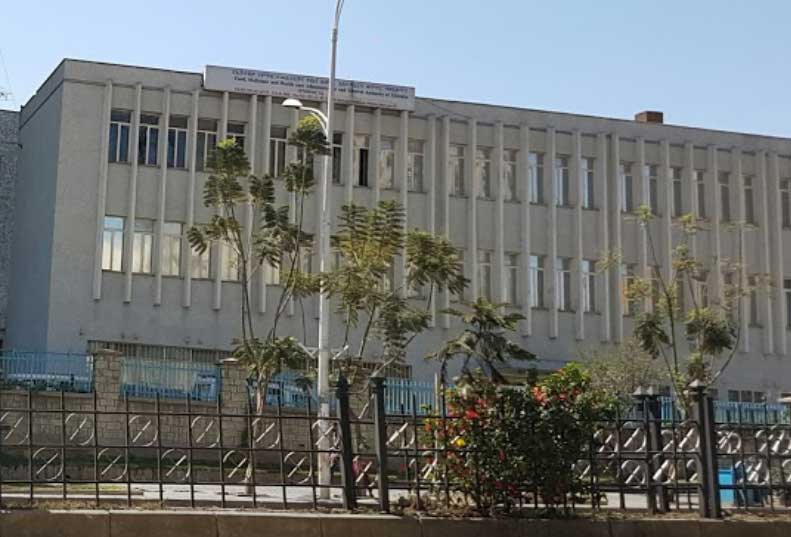
Fortune News | Oct 05,2019
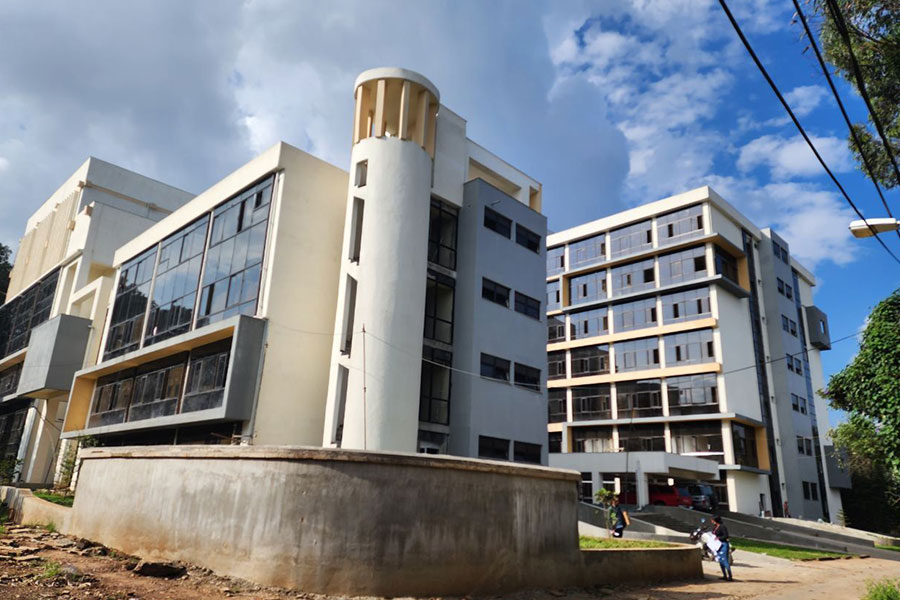
Fortune News | Oct 08,2022
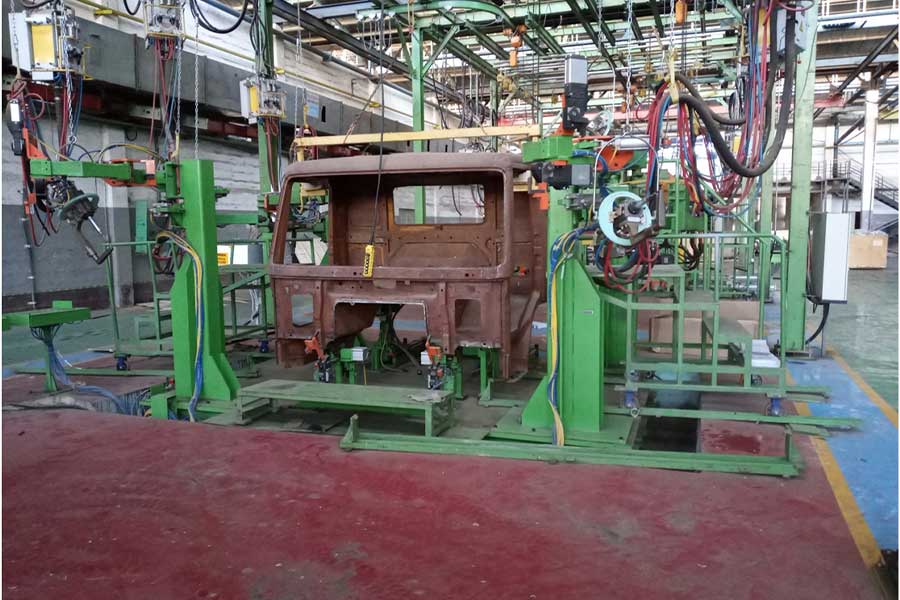
Fortune News | Jan 25,2020
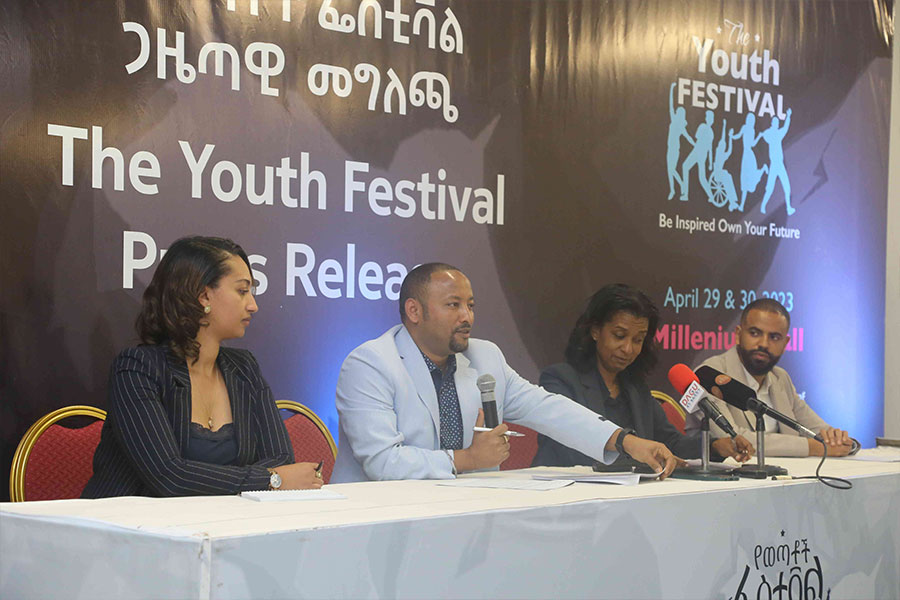
Radar | Apr 08,2023

Radar | Nov 20,2021
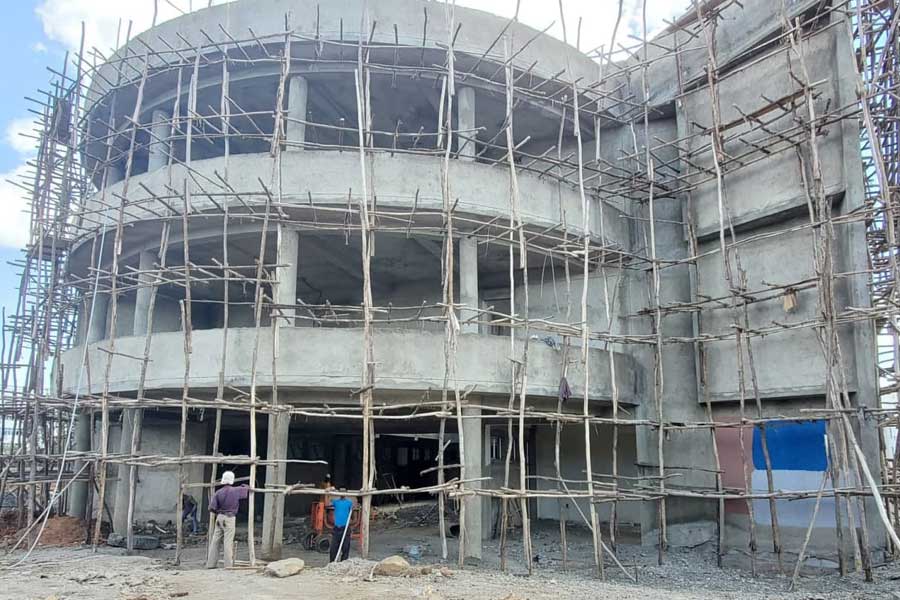
Fortune News | Nov 07,2020

Viewpoints | May 31,2020

Radar | Nov 21,2018
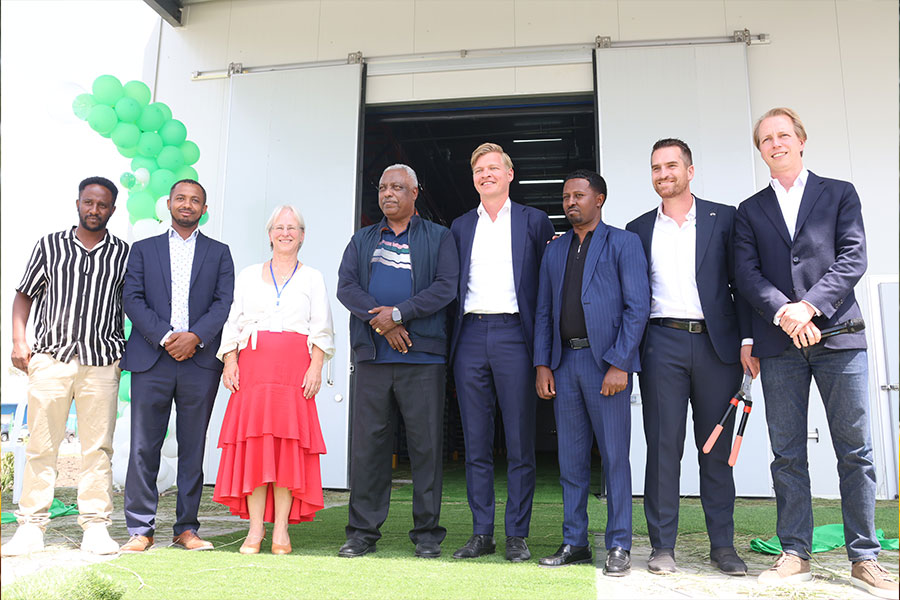
Radar | Jun 07,2025

Dec 22 , 2024 . By TIZITA SHEWAFERAW
Charged with transforming colossal state-owned enterprises into modern and competitiv...

Aug 18 , 2024 . By AKSAH ITALO
Although predictable Yonas Zerihun's job in the ride-hailing service is not immune to...

Jul 28 , 2024 . By TIZITA SHEWAFERAW
Unhabitual, perhaps too many, Samuel Gebreyohannes, 38, used to occasionally enjoy a couple of beers at breakfast. However, he recently swit...

Jul 13 , 2024 . By AKSAH ITALO
Investors who rely on tractors, trucks, and field vehicles for commuting, transporting commodities, and f...

Oct 18 , 2025
The political establishment, notably the ruling party and its top brass, has become p...

Oct 11 , 2025
Ladislas Farago, a roving Associated Press (AP) correspondent, arrived in Ethiopia in...

Oct 4 , 2025
Eyob Tekalegn (PhD) had been in the Governor's chair for only weeks when, on Septembe...

Sep 27 , 2025
Four years into an experiment with “shock therapy” in education, the national moo...